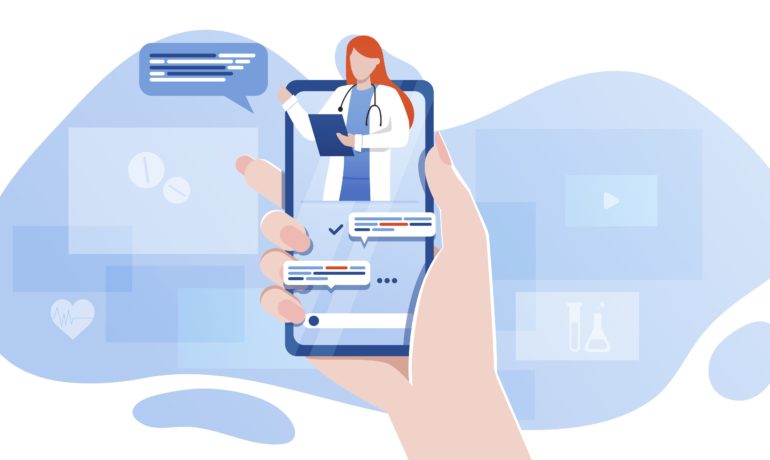By Dr. Dina Karvounides, Licensed Clinical Psychologist at CAYA CARE
Whether you are someone who listens to the news daily or chooses to avoid an influx of information, the topic of artificial intelligence, or Ai will not be a surprise to you. Since the mid 20th century, artificial intelligent robots were introduced in cinema such as 2001: A Space Odyssey and later Star Wars to British scientist, Alan Turig who wrote Computing Machinery and Intelligence in 1950, discussing ways in which one can build machines to reason and problem solve, mimicking natural human decision making.
Fast forward to now, machine learning has helped contribute to many advances in healthcare with its complex use of statistical methods and data interpretation to help guide practitioners in providing more predictive, personalized care.
In particular, AI contributions to mental health services has had increased popularity in the news as many companies have established chatbot services to help address the tremendous gap in access to mental health care as well as the rising rates of mental health disorders and suicide rates in our nation’s population.
So, why use a bot versus a human in the flesh to listen to your stressors and support you? First, it is important to note that having some access to mental health support is better than no support if you are one in five adults or one in five youth, coping with a mental illness (cdc) today. Further, barriers to access include limited number of providers to address the large need, especially for those living in rural geographical areas, health disparities in racial-ethnic minority groups, and stigma. Sending a text to a bot may decrease the aforementioned barriers for some, in which signing on to a free service to text your worries and receive and immediate response at any time of day could feel comforting-especially for those worried about being misunderstood or stigmatized. This quick access can decrease the stress of financial costs, transportation and the time commitment related to traditional therapy sessions.
But do these interventions provide long-term progress for those seeking improvements in mood symptoms and coping? Would this service create increased reliance to which one would find it difficult to independently cope without turning to a text from your bot therapist for answers? For youth, this platform is very intuitive to the way in which communication is made, however will this decrease the potential of seeking a trained professional who can engage in a healthy relationship for empathic support? Although many of these chat services provide disclaimers that they should not be used for crisis intervention, would one rely on this intervention in place of seeking appropriate care for a crisis situation?
What are the cultural implications that may not always be detected, as would a human therapist engaging with a client in session? Just as educational systems are finding ways to integrate Ai powered chatbots such as chatGPT in the classroom, could mental health providers also use this technology as a supplementary tool?
Currently, the FDA is working hard to create guidelines to monitor and evaluate chatbot services, but are these efforts occurring quickly enough to match the ever-evolving changes in our technology? Are we as a species able to manage these changes?
Will mental health AI chatbots provide a large benefit or detriment to our humanely complex lives? You decide!
Article contributed by:
Dina Karvounides, PsyD
Licensed Clinical Psychologist
CAYA Care Clinic
Cayacare.com




